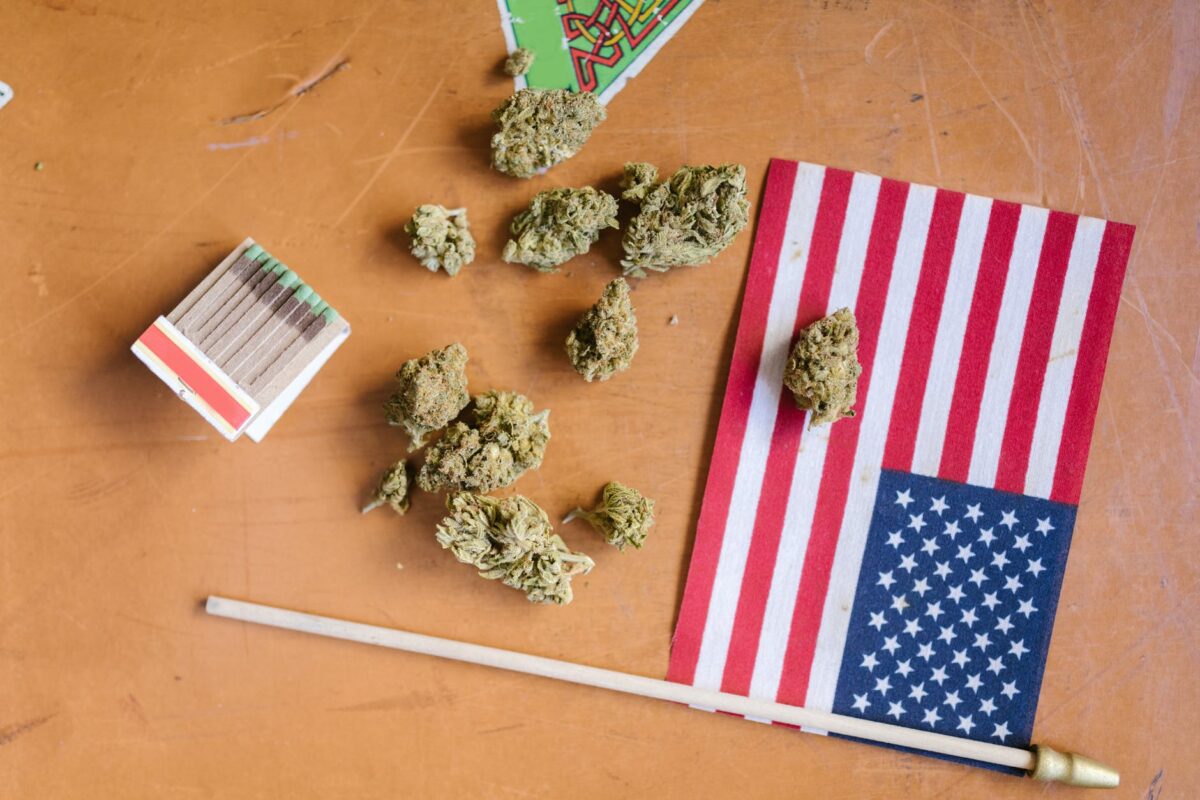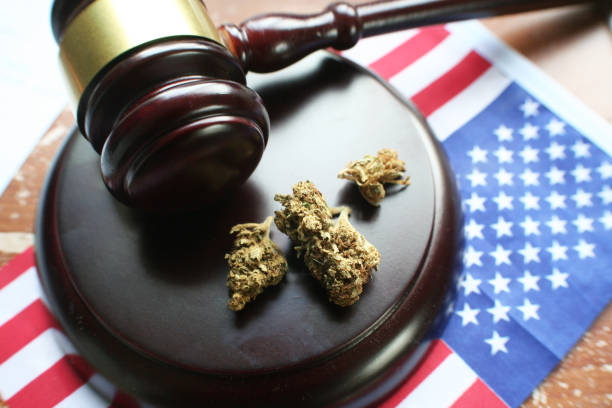cannabis daily info
where is weed legal – full legalization guide in the USA
where is Weed Legal? Our Guide to weed Legalization
marijuana is quickly going mainstream. Roughly a third of Americans live in states where weed is legal, and almost half of the U.S. population has used weed at least once. The main driving force behind this normalization has been a combination of social and political factors.
Everything from changing entertainment and media representations, and advocacy groups rejecting the so-called “war on drugs,” and changing demographics have led toward marijuana legalization.
The number of weed-legal states has gone from zero to more than 40 (depending upon how you define “legalization”) in just a decade. Marijuana laws are in constant flux, so it can be a challenge to keep track of states with legal weed.
It’s essential to know the rules where you live—or where you’re visiting—to avoid running afoul of the law. Here’s our latest update on marijuana-legal states.

How Many States Have Legalized Weed?
Before listing states that have legalized weed, let’s take a look at how different states define marijuana legalization and what that means in practical terms:
1. Fully legalized:
Fully legal marijuana states are the most straightforward. Both recreational and medicinal marijuana and weed products containing CBD and THC are permitted in these states as long as you obey the state laws regarding minimum age, maximum possession inside and outside the home, and legal place of consumption. You must also purchase your weed from a licensed source; black market marijuana is still illegal even in these states.
2. Medical:
Some states have legalized weed and CBD and/or THC products ONLY for medicinal purposes, so you must have a qualifying condition. Qualifying conditions vary from state to state. Qualified patients source their marijuana products via a dispensary with a written recommendation from a licensed doctor. Often, medicinal marijuana users must get a state marijuana ID card to purchase from a dispensary.
3. Decriminalized:
Decriminalization is the grey area of marijuana legalization, where possession or use of weed and CBD/THC products is not legal but also not subject to prosecution, eliminating the possibility of a criminal record or incarceration with possible exceptions like production or selling. In these states, possession of small amounts of marijuana for personal use is treated more like a minor traffic violation.
4. Medical and Decriminalized:
A hybrid form of legalization exists in these states. They combine legal medicinal marijuana—with all the limitations and qualifiers listed above—with decriminalized recreational marijuana. This is considered one step away from fully legalized marijuana.
5. Fully Illegal:
Clear-cut and no nuances in weed’s legal status in these states: Full prohibition.
There are sixteen states plus Washington D.C. that have fully legalized medical and recreational marijuana:
– Alaska
– Arizona
– California
– Colorado
– Illinois
– Maine
– Massachusetts
– Michigan
– Montana
– Nevada
– New Jersey
– Oregon
– South Dakota
– Vermont
– Washington
– Wyoming
– Washington D.C.
Fourteen states havelegalized medical marijuana:
– Arkansas
– Florida
– Georgia
– Indiana
-Iowa
– Kentucky
– Louisiana
– Mississippi
– Oklahoma
– Pennsylvania
– Texas
– Utah
– Wisconsin
– West Virginia
The 13 states that have legalized medical marijuana and decriminalized recreational marijuana are:
– Connecticut
– Delaware
– Hawaii
– Maryland
– Minnesota
– Missouri
– New Hampshire
– New Mexico
– New York
– North Dakota
– Ohio
– Rhode Island
– Virginia
The only states that have decriminalized all marijuana are Nebraska and North Carolina, which is great to see in the South.
There are six states where marijuana is still illegal, including:
– Alabama
– Idaho
– Kansas
– South Carolina
– Tennessee
– Wyoming
Recent Changes and Updates to Marijuana Legalization
The laws regulating marijuana use and possession have been evolving rapidly over the last several years. still, have it in mind that where is weed legal? The number of states with recreational weed use now classified as legal has increased significantly.
During the 2020 election, four new states voted to legalize weed (New Jersey, Arizona, South Dakota, and Montana), making the U.S. a confusing patchwork made up of individual state marijuana laws.
A federal law removing marijuana from Schedule I of the Controlled Substances Act would unify all the states under a single law, making it easier to navigate for users of weed and CBD or THC products.
In January of 2021, a bill was introduced in Congress to reschedule cannabis. Before that, the wider-reaching Marijuana Opportunity, Reinvestment, and Expungement (MORE) Act was introduced in 2019.
Advocates still promote the MORE Act because it would liberalize cannabis for both use and possession and fund research while providing a nationwide commercialization framework.
Quick History on Marijuana Legalization
Though many states started to decriminalize possession of small amounts of marijuana in the 1970s, it wasn’t until 1996 that California voters approved the first legislation legalizing medicinal weed in the U.S.
Colorado and Washington were the first states that made the use of personal recreational weed legal in 2012.
Four years later, in 2016 came the first massive shift in marijuana legalization, with California, Nevada, Maine, and Massachusetts giving the nod to recreational weed. Since then, the number of states where weed is legal has increased each year.
Today, the majority of states have legalized either medicinal or recreational marijuana or both.
Where is Weed Legal in Other Countries?
If you’re planning international travel, a few other countries are scattered across the globe where you can legally use recreational weed, including Canada and Uruguay (visitors cannot purchase weed, so join a marijuana tour).
Also, possession of small amounts for personal use has been decriminalized in Holland (limited to coffee houses), Portugal, Spain, Mexico, Belize, Jamaica, Argentina, Colombia, Ecuador, and Costa Rica.
Contact Amuse for Your Weed Needs
For more information about marijuana legalization where you live, contact Amuse! We keep up-to-date on local laws and can verify availability for cannabis delivery in your area so you can enjoy marijuana worry-free.


